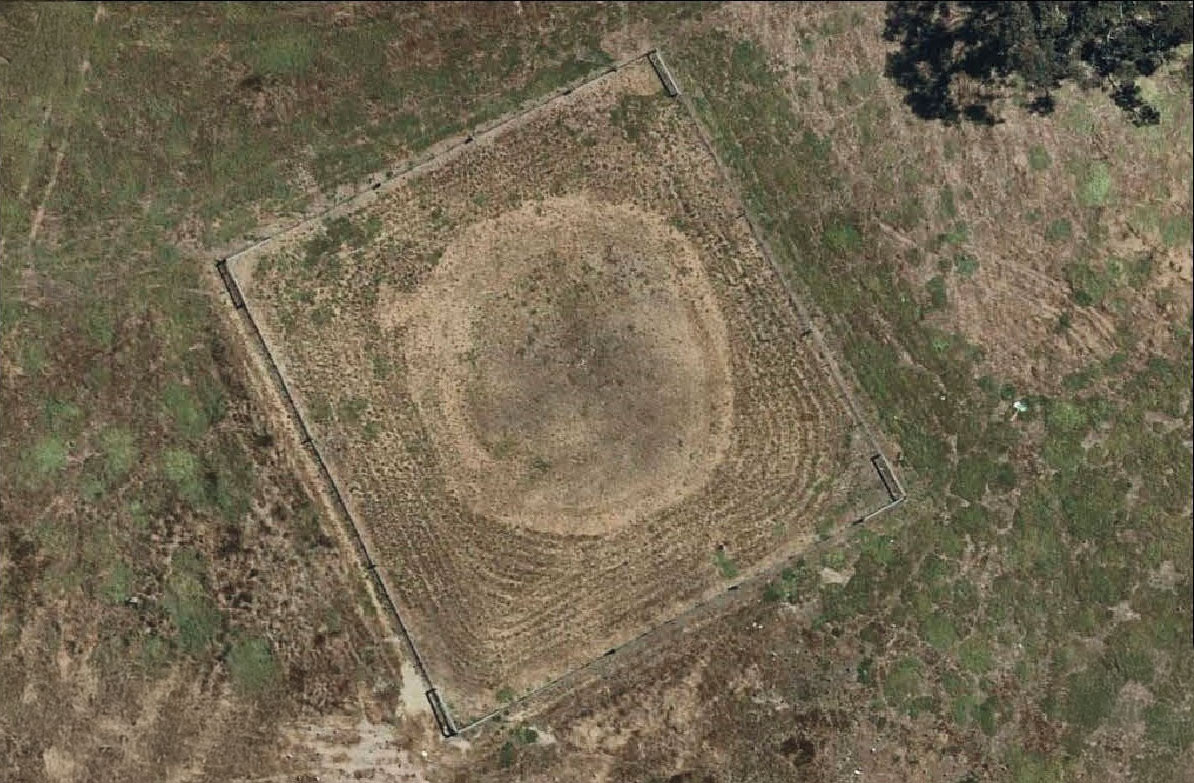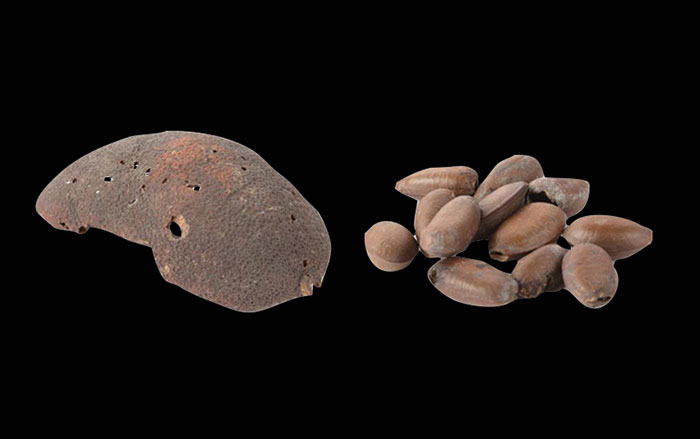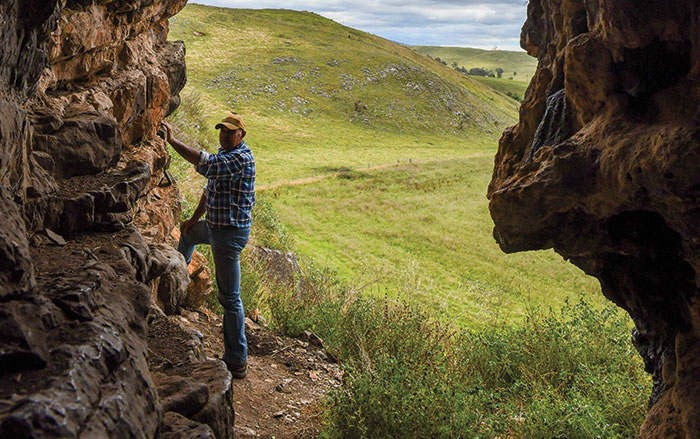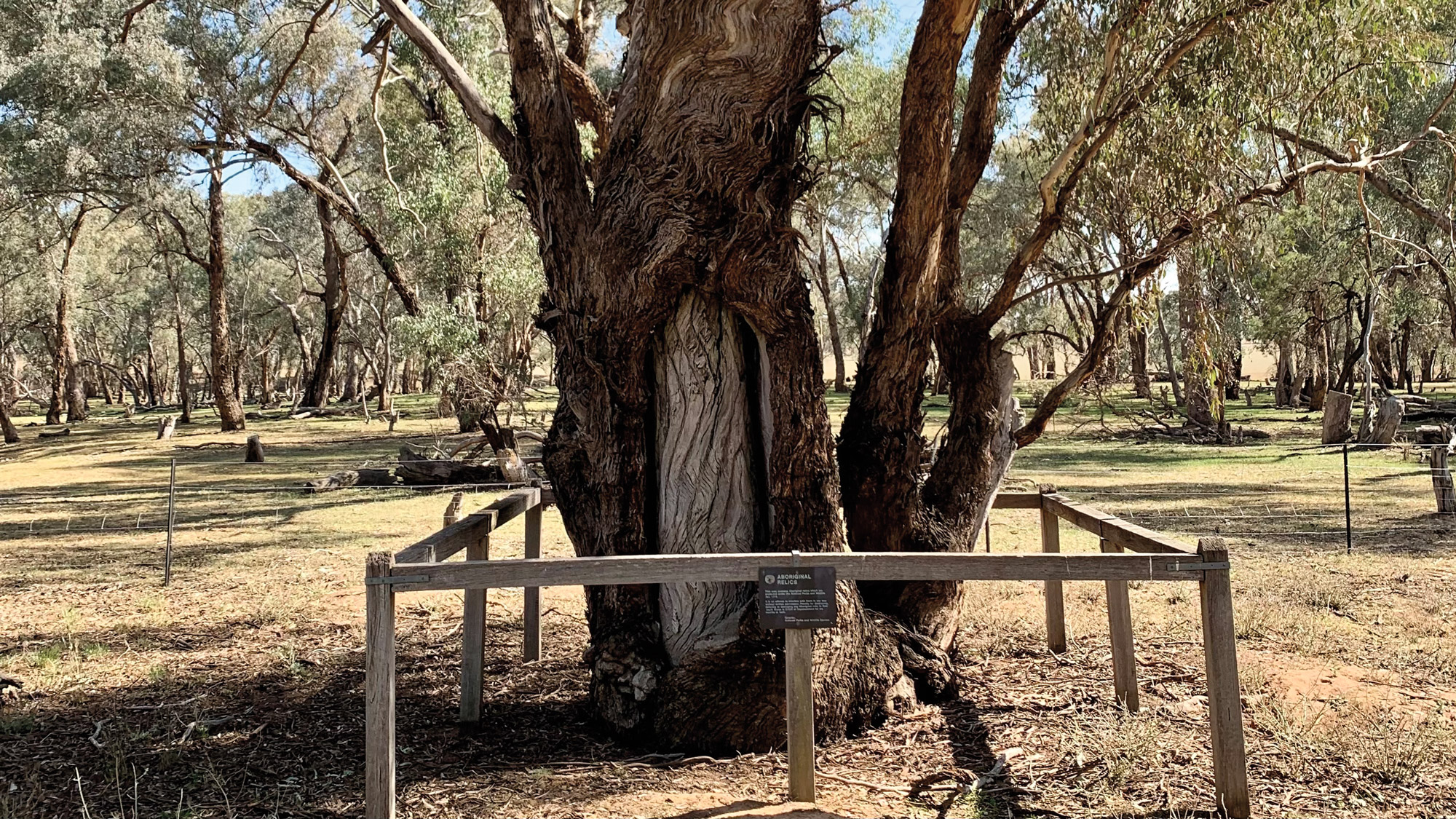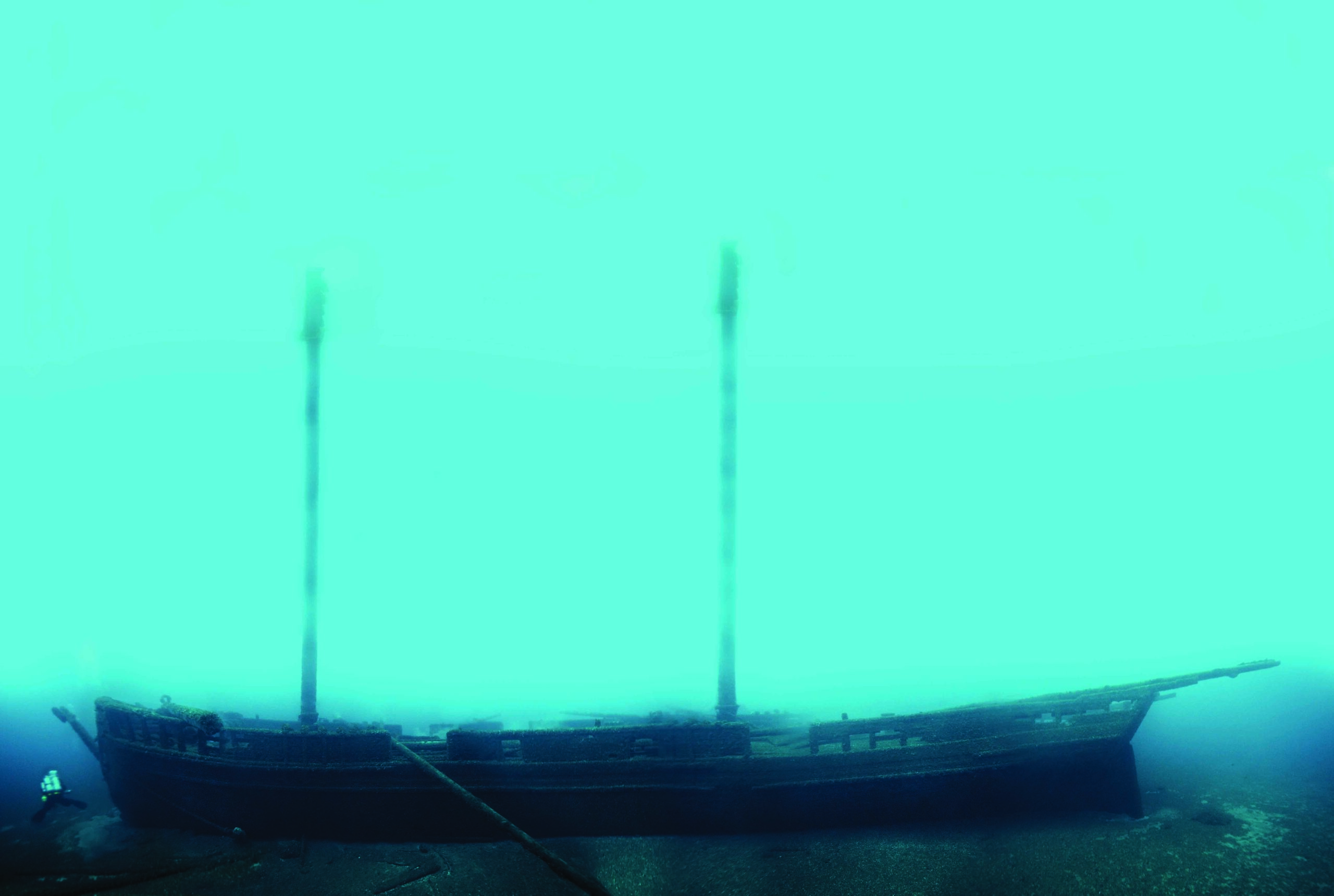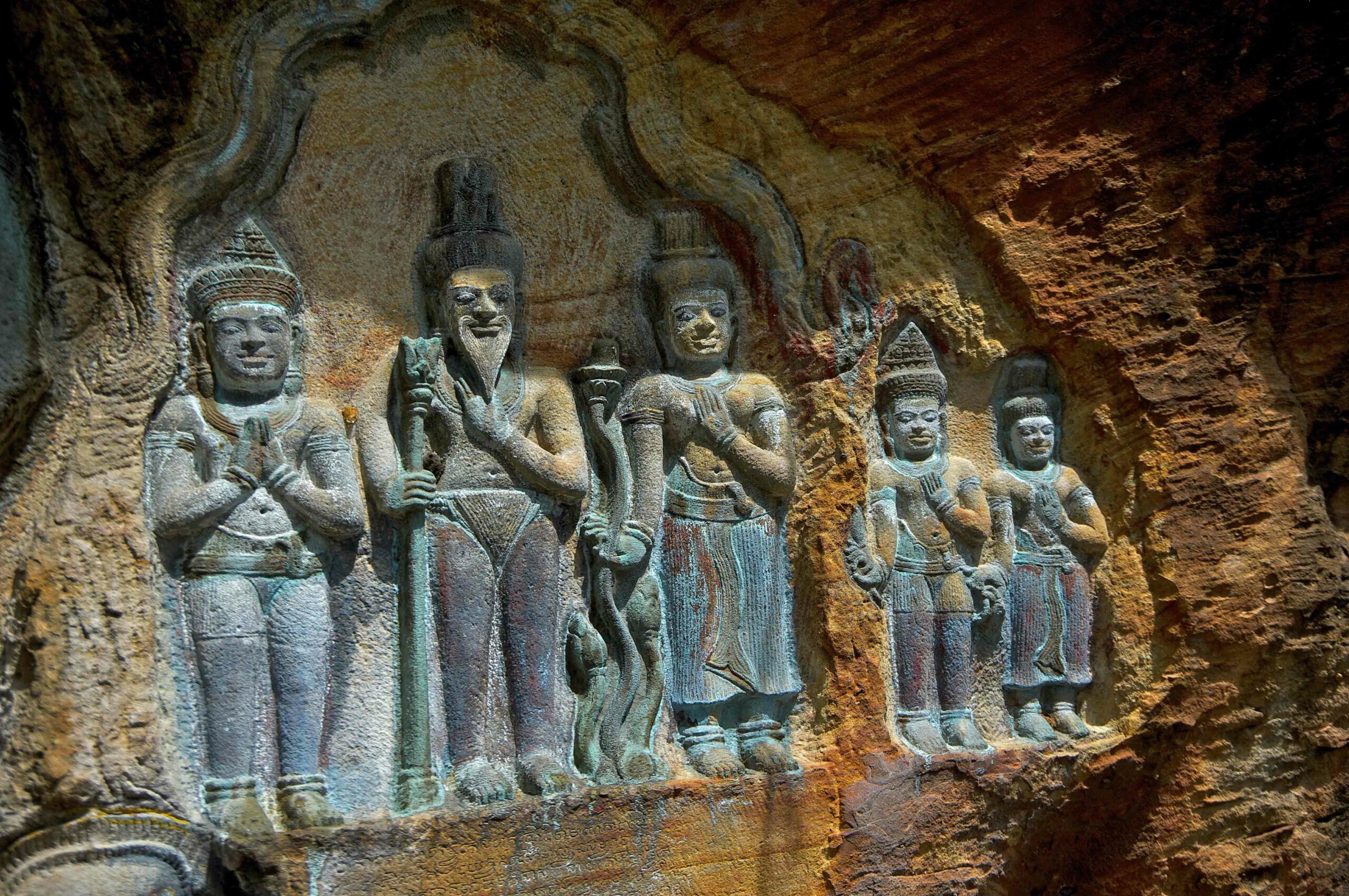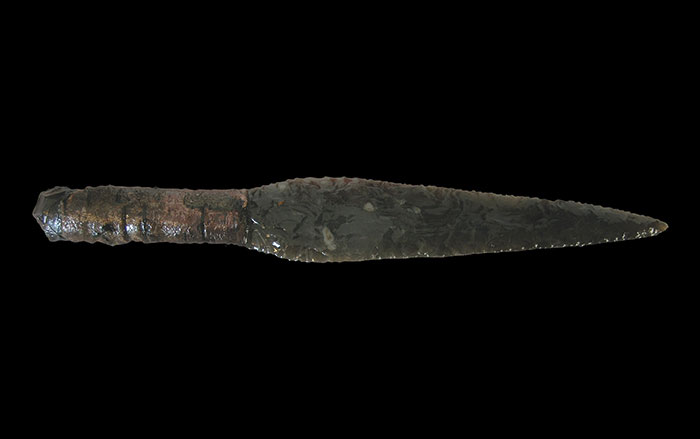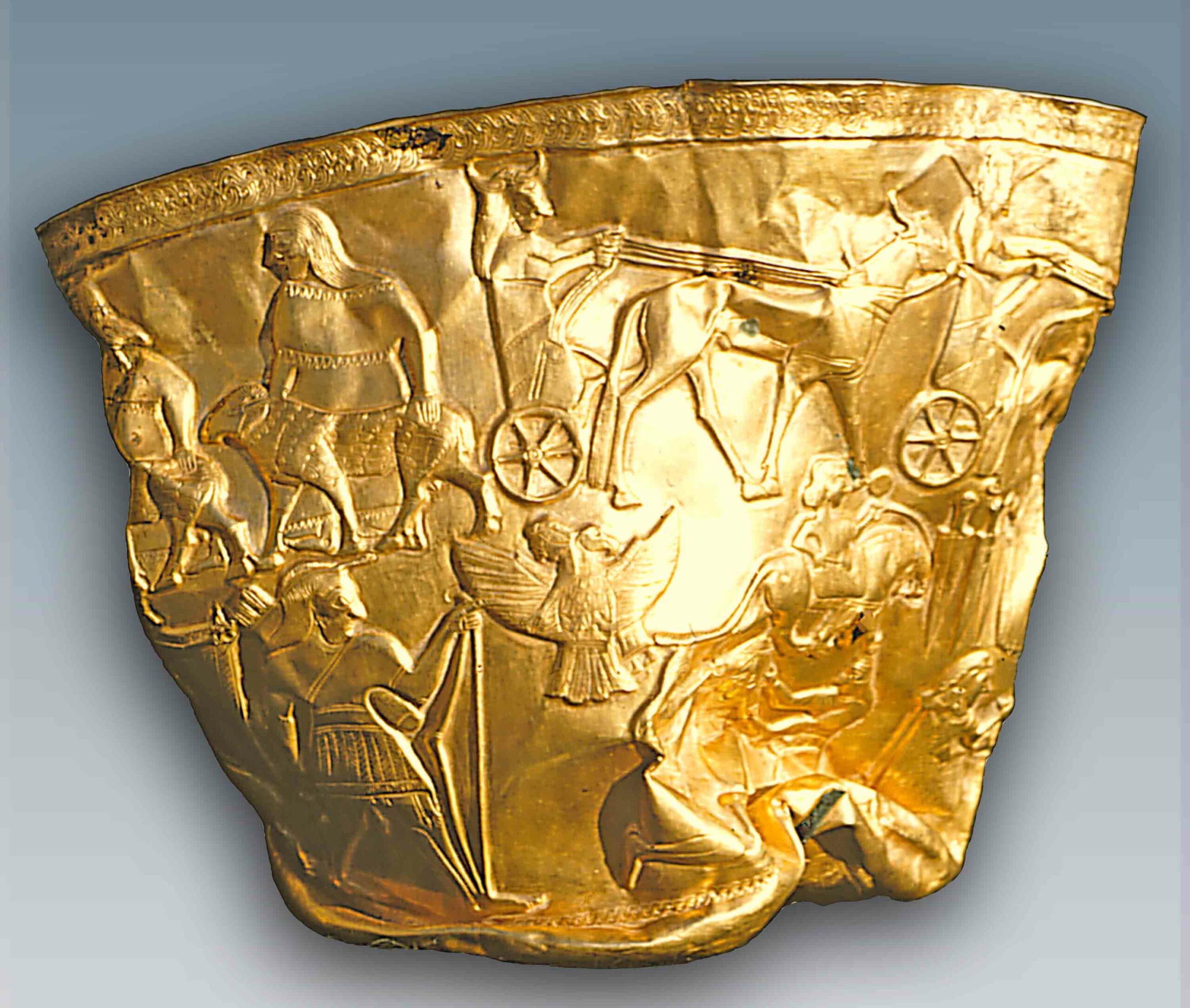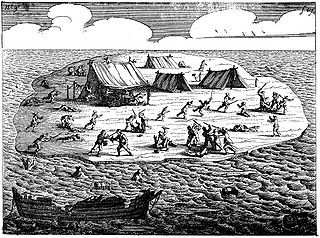
PERTH, WESTERN AUSTRALIA—The remains of an eleventh person believed to have come to Beacon Island from the Batavia shipwreck have been found. The vessel was carrying gold and silver when it left the Netherlands for the Dutch East Indies in 1628 to obtain spices, but it went off course and wrecked on Morning Reef, near an island off Western Australia’s coast, in 1629. An estimated 40 people drowned, and a total of 180, including 30 women and children, were ferried off the ship and taken to Beacon Island. When the captain left them to find help, under-merchant Jeronimus Cornelisz and his men took charge of the survivors and killed many of them. When the captain returned, he sentenced the mutineers to having their right hands chopped off and put them to death by hanging. Two musket balls were found near this body, which was found when a digging mutton bird brought a human tooth to the surface. “What’s very interesting is that it looks like that tooth doesn’t belong to that grave, which means that there’s another grave very close,” Jeremy Green, Western Australia Museum Head of Maritime Archaeology, told ABC News. “This was the first time that Europeans lived in Australia—albeit it wasn’t in the mainland but it was here—so it’s the oldest known European habitation in Australia,” he said.


